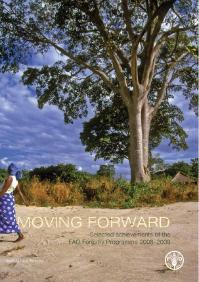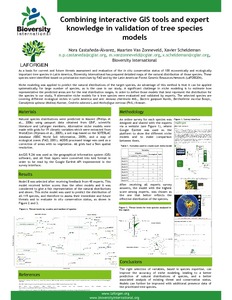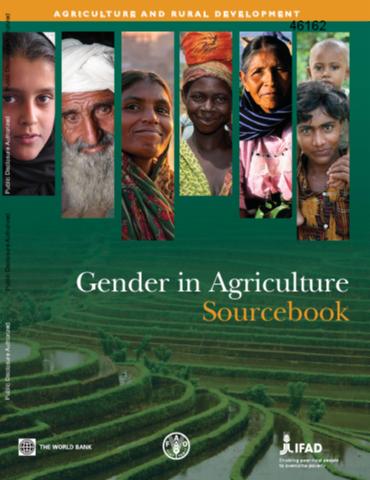Focal point
Location
The Food and Agriculture Organization of the United Nations leads international efforts to defeat hunger. Serving both developed and developing countries, FAO acts as a neutral forum where all nations meet as equals to negotiate agreements and debate policy. FAO is also a source of knowledge and information. We help developing countries and countries in transition modernize and improve agriculture, forestry and fisheries practices and ensure good nutrition for all. Since our founding in 1945, we have focused special attention on developing rural areas, home to 70 percent of the world's poor and hungry people.
Members:
Resources
Displaying 2841 - 2845 of 5074Framework and guidelines on land policy in Africa
The Framework and Guidelines on Land Policy in Africa is the result of a three-year road map of activities that involved intense reflection, rigorous consultations and exemplary collaboration across the continent. These activities involved African continental and
regional institutions, governments, prominent African land experts from all regions of
Moving forward
Forests, trees and woodlands cover almost one-third of the Earth’s land area. They are a crucial source of food and income for more than a billion people around the globe. They provide a variety of wood and non-wood products and vital ecosystem services – preventing erosion from wind and water, preserving water quality, shading crops and livestock, absorbing carbon which contributes to countering climate change, and providing habitat for many species of plants and animals, thus helping to conserve the planet’s biological diversity.
Sustaining communities, livestock and wildlife in the Maasai Steppe: vital facts, observations and policy actions
Gender in Agriculture Sourcebook
Three out of every four poor people in developing countries live in rural areas, and most of them depend directly or indirectly on agriculture for their livelihoods. In many parts of the world, women are the main farmers or producers, but their roles remain largely unrecognized. The 2008 World development report: agriculture for development highlights the vital role of agriculture in sustainable development and its importance in achieving the millennium development goal of halving by 2015 the share of people suffering from extreme poverty and hunger.











